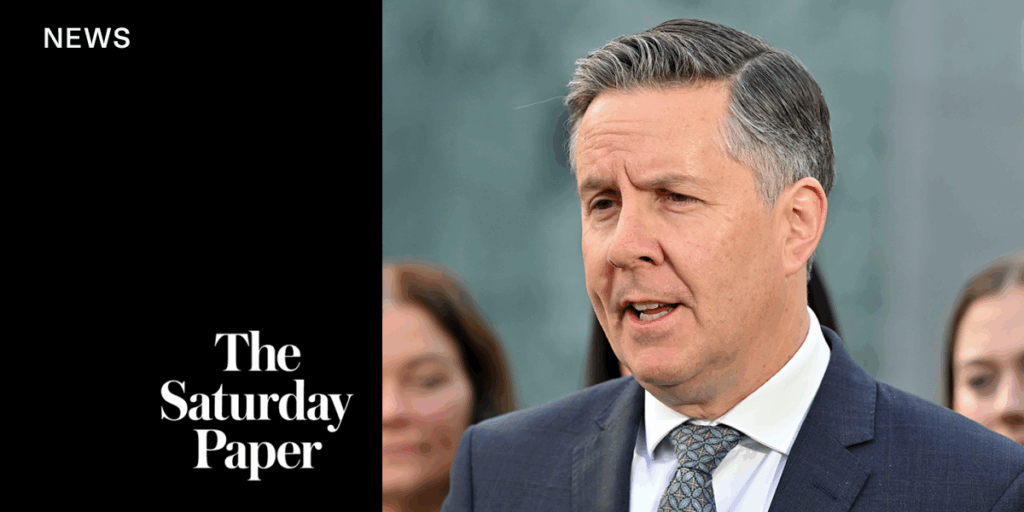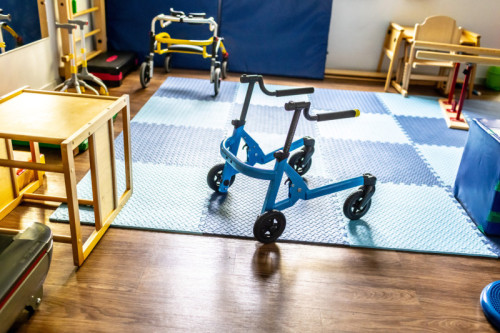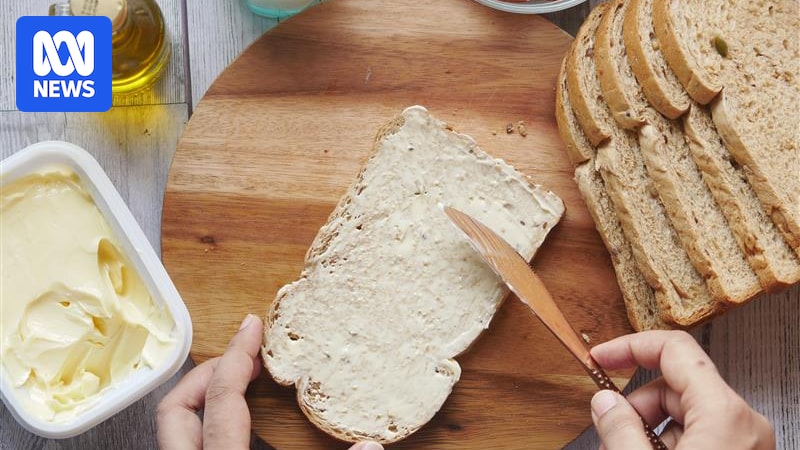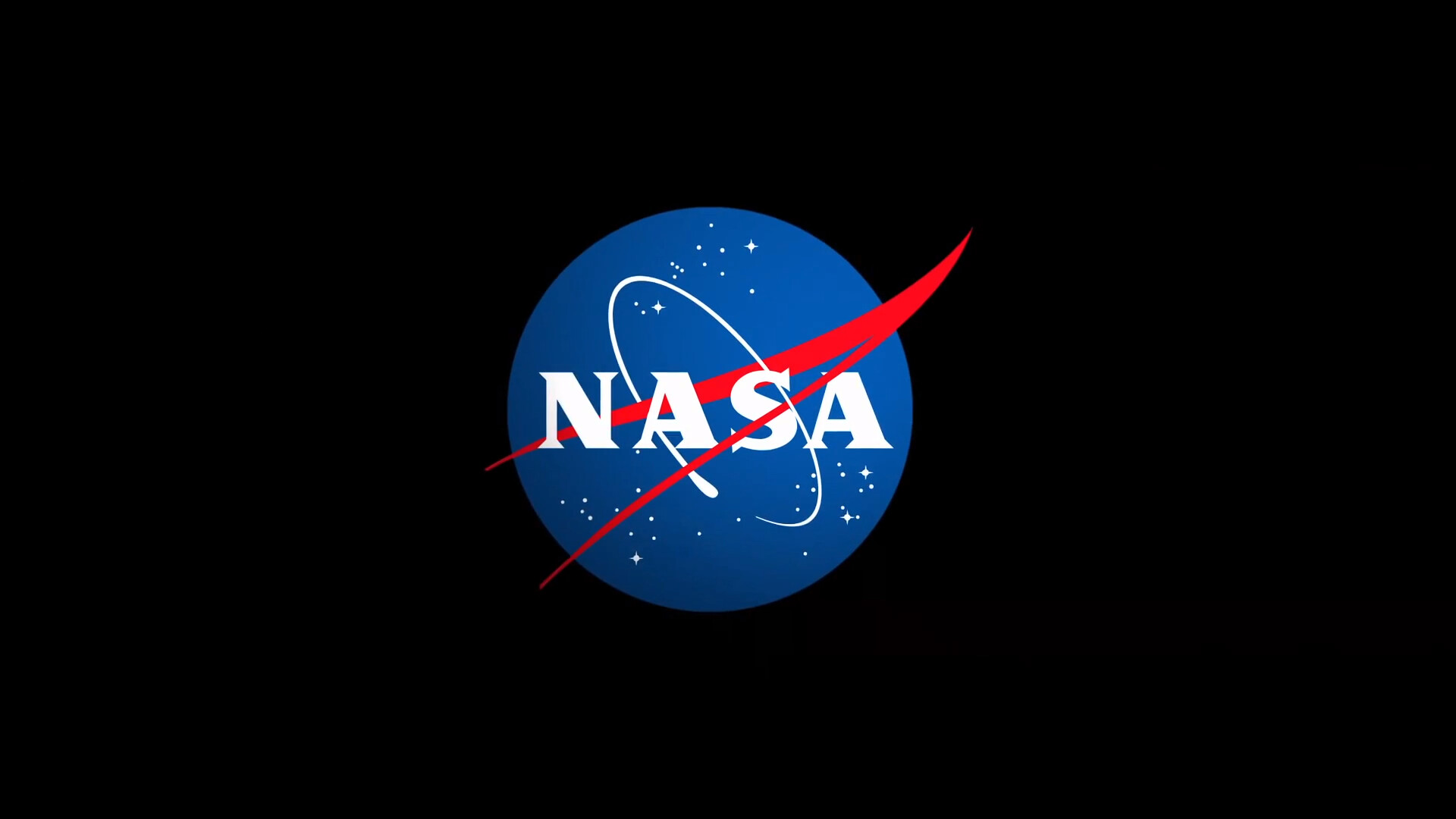
At a private dinner in Sydney last month, Health Minister Mark Butler engaged in an intense discussion with executives from Johnson & Johnson. The primary focus of the evening was not on the suite of industry issues initially on the agenda, but rather on a single topic: Donald Trump’s executive order on prescription drug pricing. This order, issued on May 12, mandates 17 of the world’s largest pharmaceutical companies to lower drug prices for Americans by September 29.
“The dinner went for two hours, and Butler spent an hour and 55 minutes asking about ‘most favoured nation’ and its potential impact on Australia,” an industry source revealed. Trump’s directive effectively demands that drug manufacturers cease charging Americans higher prices while offering steep discounts to other wealthy nations such as Australia, the United Kingdom, Germany, and Japan.
Implications for Australia’s Pharmaceutical Benefits Scheme
The intensity of Butler’s questioning underscored his concern about the looming deadline and the potential ramifications of Trump’s directive on Australia’s Pharmaceutical Benefits Scheme (PBS). The PBS, a cornerstone of Australia’s healthcare system, negotiates drug prices with manufacturers to keep costs low for consumers. However, if manufacturers adjust their global pricing to protect US revenues, the PBS could face significant strain.
Fears for the PBS intensified in August when the US administration circulated a list of 18 countries, including Australia, to form the “most favoured nation” basket for reference pricing. This move confirmed industry warnings that Australian prices, already among the lowest in the developed world, could set the benchmark for the US, potentially leading to delayed drug launches or product withdrawals in Australia.
Political and Economic Stakes
The threat to the PBS is not of an immediate collapse but a gradual erosion. Trump’s order highlights the uncomfortable reality that the PBS, long celebrated for universal access, relies on the goodwill of multinational companies whose primary market is the US. For Butler, the risk is immediate: higher prices for new drugs and longer delays in access. For Prime Minister Anthony Albanese, the political stakes are even higher.
Albanese’s upcoming visit to the White House is expected to include discussions on Australia’s pharmaceutical subsidies. “We take it very, very seriously; it’s a huge focus for us,” a US industry source stated, emphasizing the administration’s determination to pursue the issue.
Expert Opinions and Industry Concerns
In media interviews, Butler has acknowledged the potential global “knock-on effects” of most-favoured-nation pricing, given the US accounts for about 70 percent of pharmaceutical profits. He has pledged to defend the PBS, citing the reduction in patient co-payments from $31.60 to $25 as evidence of Labor’s commitment to affordability.
Medicines Australia, the peak local pharmaceutical industry body, warns that Trump’s order is already affecting access to new medicines. “Pressure from international reference pricing means companies are already making decisions around their current portfolios,” said Elizabeth de Somer, the chief executive.
Potential Solutions and Future Outlook
The Albanese government is exploring pragmatic solutions, such as negotiating higher list prices while maintaining confidential prices to mitigate US pressure. Australia’s small market share, representing just 1 percent of the global market, may serve as a buffer against potential US actions.
Reform of the health technology assessment process is another avenue the government is considering. Since the early 1990s, new medicines must clear a “fourth hurdle” before PBS subsidization, demonstrating value for money. This rigorous assessment has made Australia a pioneer in cost-effectiveness, discouraging automatic price inflation.
“In Australia, we pay for value,” explained Adam Elshaug, a professor of health policy. “If the benefits are high, we pay more. If lower, we pay less. We take ‘innovation’ seriously.”
“We already pay based on our rigorous assessments of the value proposition each medicine offers for patients and taxpayers. Innovative, effective medicines receive fair prices based on market principles.” – Adam Elshaug
Industry voices, however, argue that the rules are outdated and do not accommodate recent scientific advances. “Australia chooses the lowest-cost comparator when assessing a new medicine,” one source noted, potentially anchoring prices too low.
Global Context and Historical Parallels
The debate in Washington is divided. A Congressional Research Service analysis in June questioned the enforceability of Trump’s order, while pharmaceutical advocates argue that the US shoulders a disproportionate share of global spending on new medicines.
In Canberra, the Albanese government views the PBS as a model of value for money and equitable access. In contrast, Trump and his allies, supported by industry lobbyists, see it as a system that undermines incentives for developing new medicines.
“I don’t agree that a foreign nation should tell the Australian government how to run Australia. The PBS is a cornerstone of our social compact.” – Elizabeth de Somer
As Albanese prepares for his October visit to the White House, the challenge will be to defend a cherished national institution and convince Trump that Australia’s approach to drug pricing is not a free ride but a fair share.







